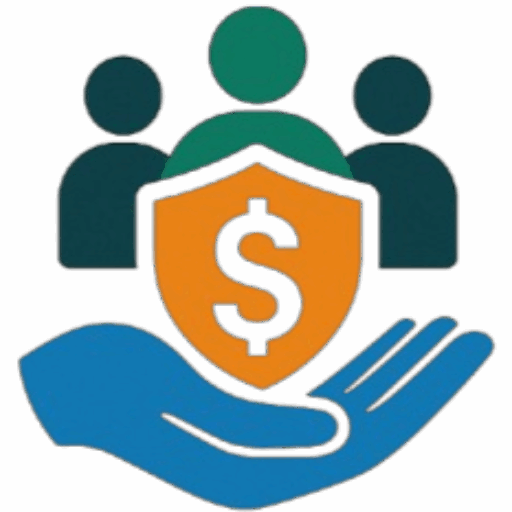Raising a family on your own is no small task. Between work, childcare, and managing a household, single moms and women often carry a heavy load. Thankfully, there are government programs designed to ease some of that burden. These programs offer support in areas like housing, food, education, healthcare, and employment. If you are a woman or single mother looking for help, here are some programs that could make a real difference.
Housing Assistance
Finding safe and affordable housing is one of the biggest challenges for single mothers. The Housing Choice Voucher Program, often called Section 8, helps low-income families pay rent in privately owned homes. You pay a portion of your income toward rent, and the voucher covers the rest. Local public housing agencies manage the program, and waitlists can vary by area.
Public housing is another option. These are government-owned properties rented at reduced rates to qualifying families. To apply, contact your local housing authority and ask about availability and requirements.
Food and Nutrition Support
Putting food on the table is a daily concern for many families. The Supplemental Nutrition Assistance Program, or SNAP, provides monthly benefits to help buy groceries. Benefits are loaded onto an EBT card and can be used at most grocery stores and farmers markets.
Women, Infants, and Children, known as WIC, is another valuable program. It supports pregnant women, new mothers, and children under five with healthy food, nutrition education, and access to healthcare services. WIC is available in every state and is often run through local health departments.
School meal programs also help. Children from low-income families may qualify for free or reduced-price breakfast and lunch at school. Some districts offer weekend and summer meal programs as well.
Healthcare Access
Medical care should never be out of reach. Medicaid offers free or low-cost health coverage to eligible individuals and families. It covers doctor visits, hospital stays, prescriptions, and more. Each state has its own guidelines, so check with your local Medicaid office to see if you qualify.
For children, the Children’s Health Insurance Program, or CHIP, provides coverage for those who do not qualify for Medicaid but still need affordable care. It includes routine checkups, dental visits, and emergency services.
Community health centers are another resource. These clinics offer services on a sliding fee scale and often provide care regardless of insurance status. They can be a lifeline for women and children in underserved areas.
Childcare and Early Education
Affordable childcare is essential for working moms. The Child Care and Development Fund helps low-income families pay for childcare while they work or attend school. Funds are distributed through state agencies, and eligibility depends on income and family size.
Head Start and Early Head Start programs offer free early education, health screenings, and meals for children from birth to age five. These programs support both the child’s development and the parent’s ability to work or study.
Education and Job Training
Going back to school or learning new skills can open doors. The Federal Pell Grant provides up to $7,395 per year for eligible students pursuing undergraduate degrees. This money does not need to be repaid and can be used for tuition, books, and living expenses.
Single moms can also benefit from programs like the Women’s Independence Scholarship Program, which supports survivors of domestic violence, and the Jeanette Rankin Women’s Scholarship Fund, which helps low-income women over 35 return to school.
Job training programs through the Workforce Innovation and Opportunity Act offer free classes, certifications, and career counseling. Many states also partner with community colleges and nonprofits to provide training in high-demand fields.
Financial Assistance
Temporary Assistance for Needy Families, or TANF, offers monthly cash support to families with children. In addition to financial aid, TANF often includes job search help, childcare assistance, and transportation support. Each state runs its own version of the program, so benefits and requirements may vary.
Energy bills can also be a burden. The Low Income Home Energy Assistance Program, or LIHEAP, helps families pay for heating and cooling costs. Some states offer emergency support to prevent utility shutoffs.
Legal and Domestic Violence Support
Women facing domestic violence can access help through shelters, legal aid, and crisis hotlines. Many states fund programs that offer emergency housing, counseling, and legal representation. The National Domestic Violence Hotline is available 24 hours a day and can connect you with local resources.
Legal aid organizations also help with custody, housing disputes, and public benefits. Services are often free or low-cost for those who qualify.
Being a woman or single mom comes with unique challenges, but you do not have to face them alone. Government programs exist to support your journey—whether you need help with housing, food, education, or healthcare. Take the time to explore what is available in your area. A few phone calls or an online application could lead to the support you need to move forward with confidence. You deserve stability, opportunity, and peace of mind. And help is closer than you think.


Leave a Reply